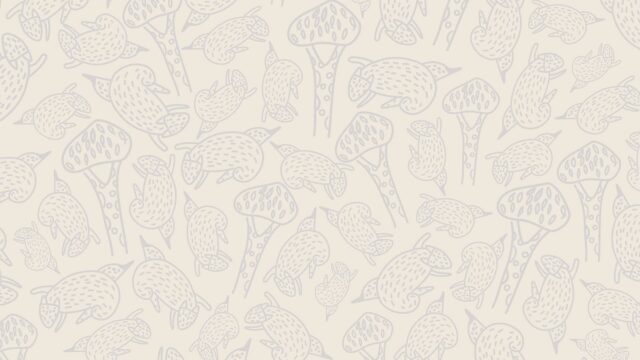custodian Content and Metadata
Resistance Fighters
William Cooper (c.1860–1941), well known to Yuin people, was a significant person in Australia’s history, whose vision and activism laid the groundwork for the modern movement for Aboriginal representation. Born on Yorta Yorta Country and later moving to the area surrounding the Cummerangunja mission where he resided for 44 years, he grew up witnessing the effects of dispossession and government control over Aboriginal lives. His experiences as a labourer, shearer, and Christian lay preacher deepened his resolve to fight for justice. Although he only had a few months of formal schooling he attended adult literacy classes later in life and became literate.
In the 1930s, Cooper emerged as a leading Aboriginal rights advocate. He founded the Australian Aborigines’ League (AAL) in Melbourne in 1932, one of the first Aboriginal political organisations in the country. In 1937, he drafted a petition to King George VI, calling for Aboriginal representation in Parliament and land rights. Though the petition was never presented to the King, it represented one of the earliest formal assertions of Indigenous sovereignty and political agency.
Cooper’s compassion extended globally. In 1938, he led a protest to the German consulate in Melbourne against the Nazi persecution of Jews believed to be the only private protest of its kind worldwide at that time.
William Cooper passed away in 1941, but his legacy continues. Memorials in Shepparton and Melbourne, and the William Cooper Institute at Monash University, commemorate his message: that Aboriginal and Torres Strait Islander peoples must have a voice in shaping their own lives and Australia’s future.
Sources
- https://williamcooper.monash.edu/
- https://www.youtube.com/watch?v=cacR-_qCcY8
- https://theconversation.com/william-cooper-the-indigenous-leader-who-petitioned-the-king-demanding-a-voice-to-parliament-in-the-1930s-140056
- https://atui.org.au/2023/03/23/remembering-william-cooper/
- https://www.nma.gov.au/defining-moments/resources/william-cooper-protests
- https://www.historyvictoria.org.au/product/william-cooper-an-aboriginal-life-story-by-bain-attwood/
- https://aiatsis.gov.au/publication/35689
| Category | Truth & History |
|---|---|
| Topic | Aboriginal Sovereignty |
| Author | Dr Libby Lee-Hammond |




